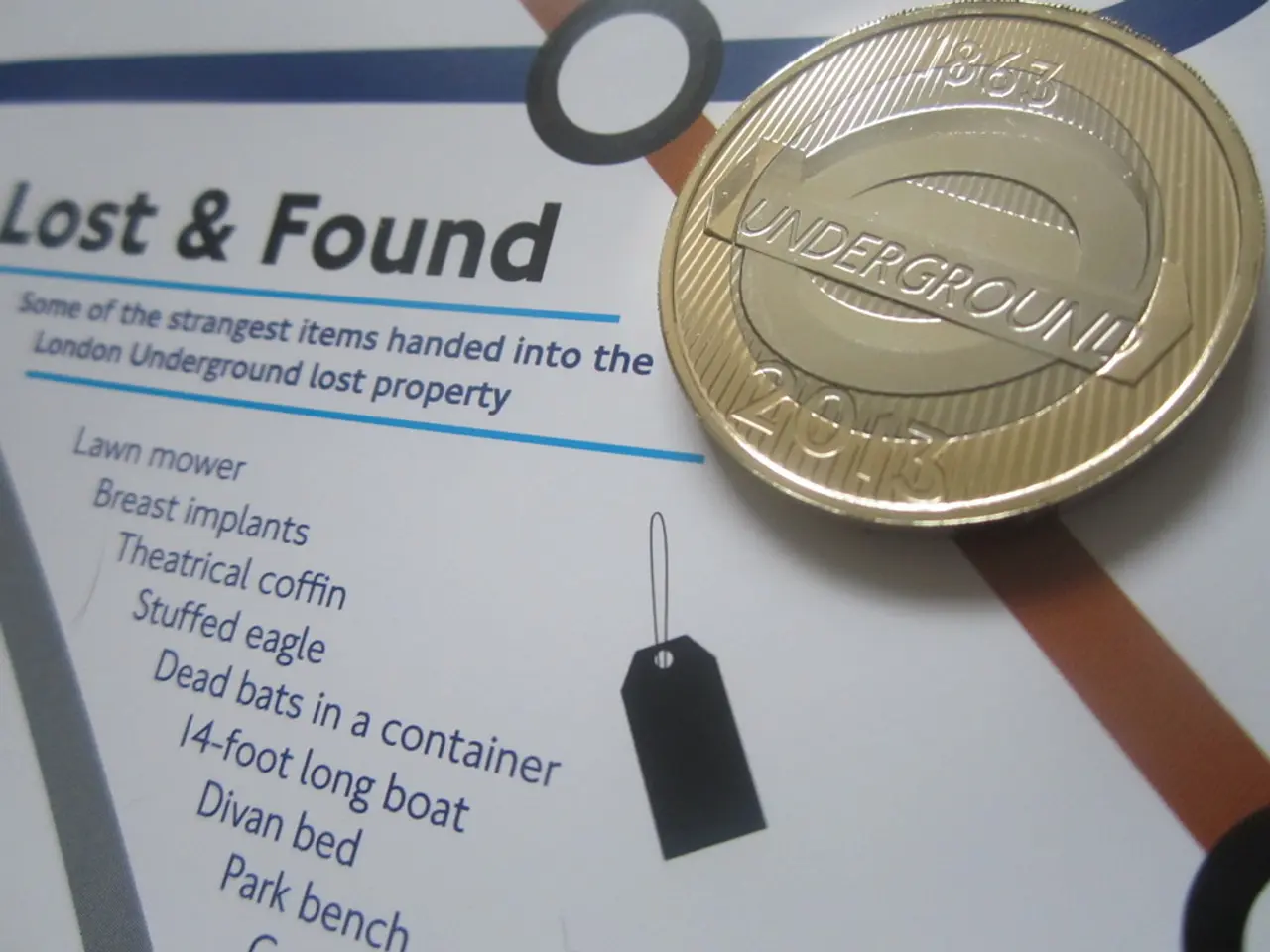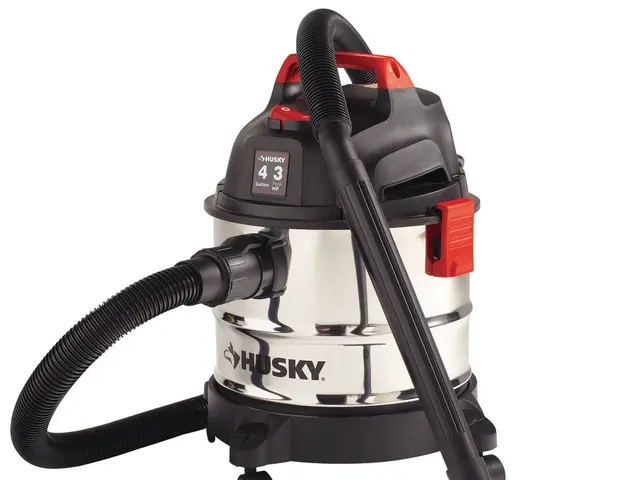Stablecoin protocol provider Resolv Labs secures a $10 million seed round to expand its operations
In the rapidly evolving world of cryptocurrency, stablecoins have become a significant player, and Resolv Labs is making waves with its innovative approach to yield-bearing stablecoins. The company, which recently raised $10 million in a seed round led by Cyber.Fund and Maven11, has developed a delta-neutral stablecoin protocol designed to scale crypto-native yield efficiently.
Resolv Labs offers two tokens: USR and RLP, each catering to different types of investors. USR is a stablecoin pegged to the US dollar, backed primarily by ether (ETH) and bitcoin (BTC), allowing it to provide capital-efficient yield generation without significant exposure to volatility risk. By contrast, the RLP token is designed for risk-tolerant investors in the protocol's insurance layer and features a floating price.
One of the key differentiators of Resolv's USR and RLP is their delta-neutral exposure. This unique feature minimizes directional crypto price risk, making the protocol capital efficient. USR is backed by major cryptocurrencies, providing a blend of liquidity and security. Moreover, Resolv's stablecoins offer yield farming without requiring asset lockups, providing steady gains and flexibility for users.
The rising buzz around yield-generating stablecoins, also known as "synthetic dollars," has led to Codex, a Web3 company, raising $15.8 million in a funding round to build a blockchain focused on stablecoins. Dragonfly led the funding round, with Coinbase Ventures, SCB Limited, Arrington Capital, and Animoca Ventures also participating. The raised capital will be used to scale Resolv Labs' yield-bearing stablecoin protocol, Resolv.
Ethena's USDe, with a total circulating value of $4.88 billion, according to CoinMarketCap data, is the most popular token in the category. However, details on the underlying mechanism or capital efficiency compared to Resolv’s tokens are less clear from the search results. Ethena likely has its yield derived through different mechanisms or collateralization strategies.
For those interested in comparing yields specifically, platforms like YBSbarker track stablecoin yields across multiple protocols, including Curve, Convex, and Yearn Finance, which could also include Ethena or Resolv-based yields for direct real-time comparison.
Ivan Kozlov, founder and CEO of Resolv, believes that stablecoins may become larger than transaction stablecoins like Tether's USDT in the future. Kozlov, who has a background in structured products in traditional finance, envisions Resolv's stablecoins as a cornerstone in the decentralized finance (DeFi) ecosystem, offering composability and scaling yield in DeFi environments.
As of now, Resolv's protocol has $434 million in total value locked, according to DeFiLlama data. With its focus on sustainable, capital-efficient, and volatility-minimized yield generation backed by major crypto assets, Resolv's USR and RLP are attractive options for yield seekers wanting minimized price volatility exposure. When choosing between Resolv and Ethena's USDe, review specific APYs, risk profiles, and underlying backing collateral provided by each protocol.
Investors looking for yield-bearing stablecoins can consider Resolv Labs' tokens, USR and RLP, which offer steady gains and flexibility while minimizing directional crypto price risk. Resolv's unique delta-neutral exposure and capital-efficient yield generation, backed by major cryptocurrencies, could make these stablecoins attractive for those seeking minimized price volatility exposure.
The increasing interest in synthetic dollars has led to Web3 companies like Codex raising funds to focus on stablecoin blockchain development, while platforms like YBSbarker track stablecoin yields across multiple protocols, potentially including Ethena or Resolv-based yields for direct comparison.




